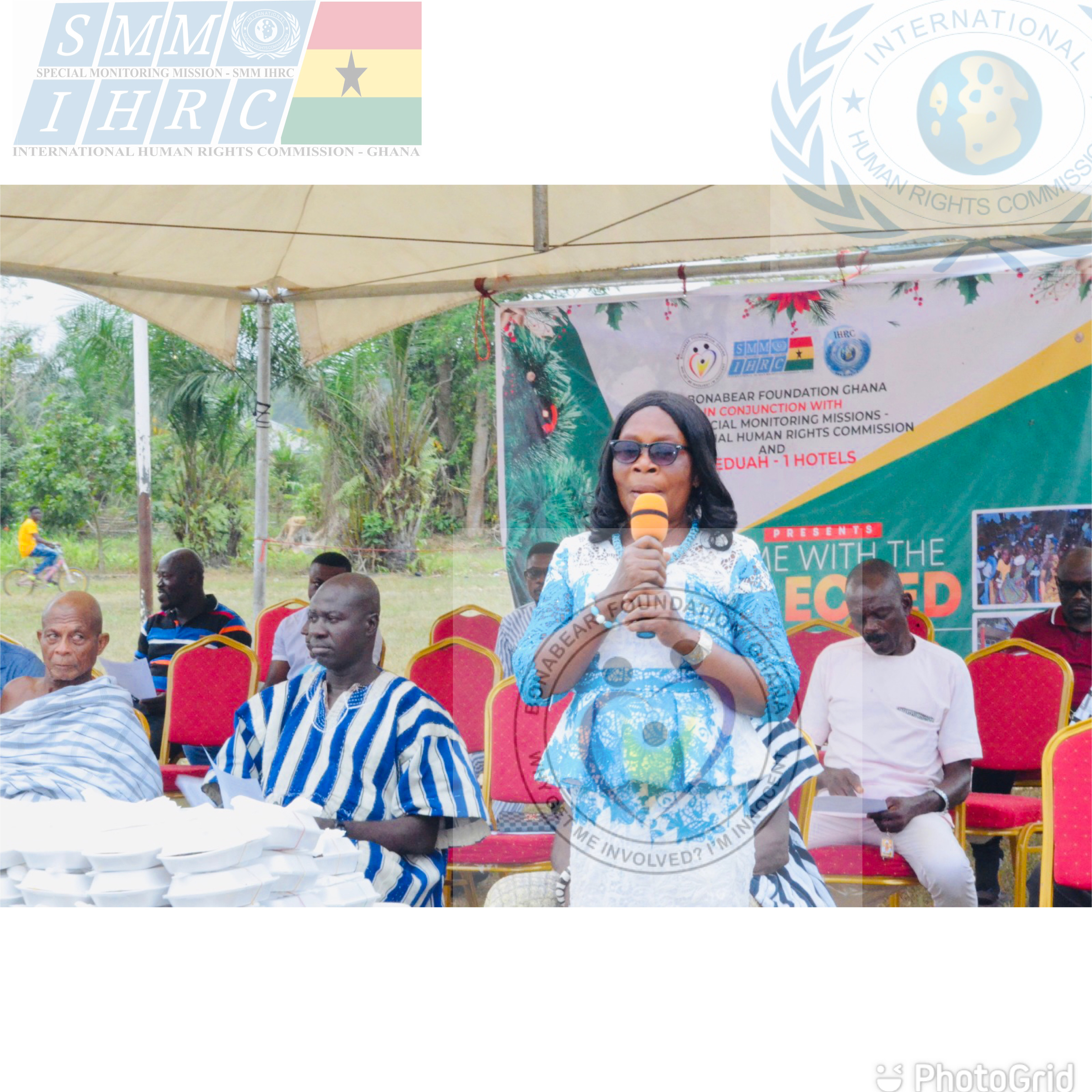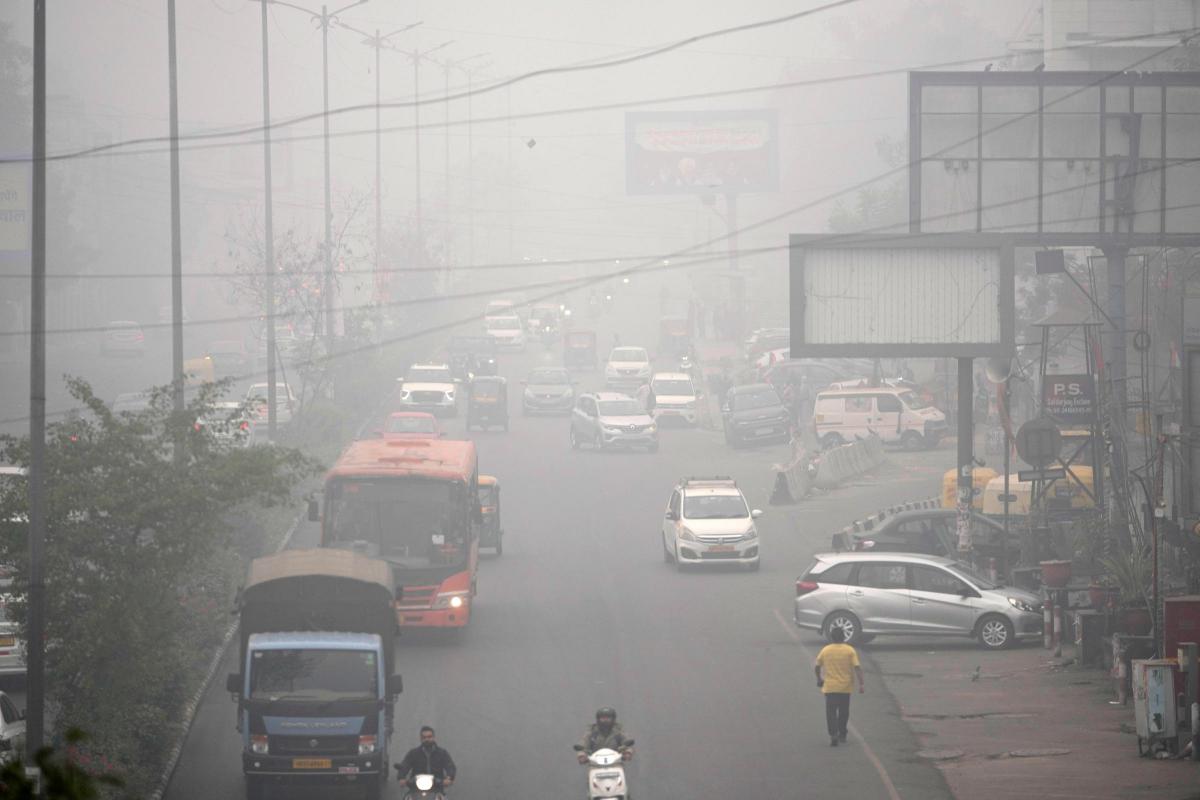Mpox Emergency: What You Need to Know and How Worried You Should Be
The World Health Organization (WHO) has once again declared mpox, a viral infection spread through close contact, as a global health emergency. This marks the second time in two years that mpox has reached this critical status.
What Is a Global Health Emergency?
A "public health emergency of international concern" (PHEIC) is the highest alert level issued by WHO. This designation is used when diseases are spreading in new or unusual ways, aiming to mobilize international cooperation and funding to combat the outbreak. WHO's recent declaration follows a similar warning issued by the Africa Centres for Disease Control and Prevention.
Why Is Mpox an Emergency Again?
Two years ago, WHO declared mpox a global emergency when the disease began spreading worldwide, primarily among men who have sex with men. Effective behavior changes, safe sex practices, and vaccination campaigns helped bring that outbreak under control in many countries.
However, mpox has long been a public health issue in parts of Africa, with the first human case recorded in Congo in 1970. The current outbreak in Congo is the worst the country has ever seen, with 27,000 cases and over 1,100 deaths since January 2023, primarily among children. The disease causes flu-like symptoms and pus-filled lesions, and while usually mild, it can be fatal, particularly for children, pregnant women, and those with weakened immune systems, such as individuals with HIV.
Two strains of mpox are now circulating in Congo: the endemic virus and a new variant. This new strain has sparked global concern due to its rapid spread and the limited knowledge about it. It is spreading through sexual contact and close contact in other settings, such as among children in displacement camps. The outbreak has also spread beyond Congo to neighboring countries like Rwanda, Uganda, Burundi, and Kenya.
What Happens Next?
The emergency declarations from WHO and Africa CDC are intended to accelerate efforts to secure more medical resources and funding for Congo to combat the outbreak. Enhanced surveillance is crucial to studying the virus and curbing its spread.
However, challenges remain. In 2022, WHO's appeal for $34 million to fight mpox received no response from donors, and there was significant inequity in vaccine access. African countries still lack access to the vaccines used in other global outbreaks. While WHO is appealing for vaccine donations and the Africa CDC has plans to secure doses, current stocks are limited.
How Worried Should You Be?
Mpox is a serious health concern, especially for vulnerable populations like children. While a new form of the virus may be spreading in new ways, it is not as easily transmissible as COVID-19. Proven tools exist to stop the spread and protect those at risk.
The critical challenge now is ensuring these tools reach the people who need them most, particularly in Congo and its neighboring countries.










.jpg)